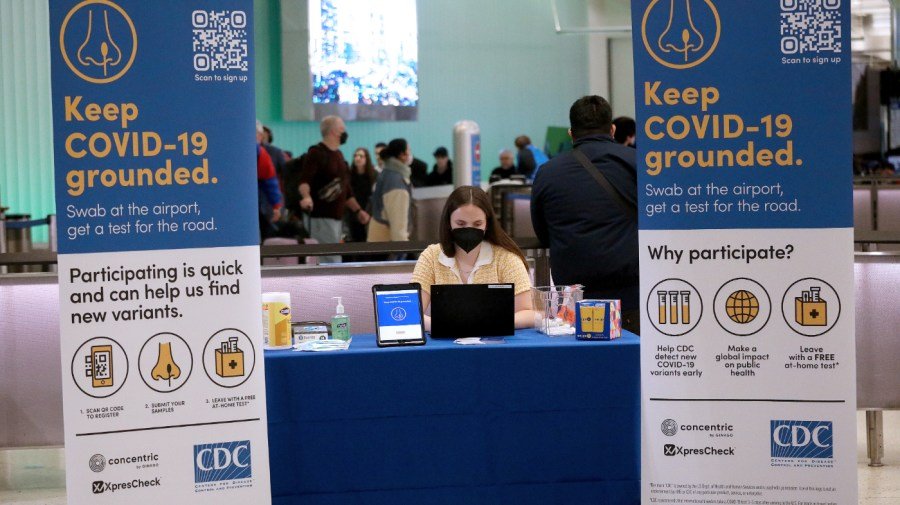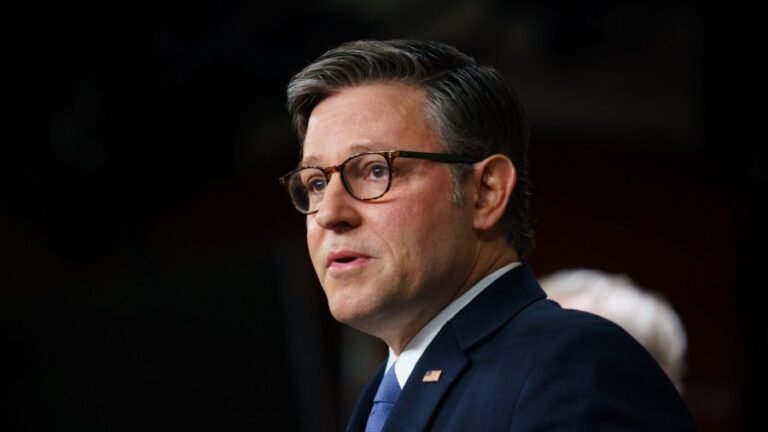
In July of 2020, I interviewed President Trump in the White House Rose Garden about the COVID Pandemic and Operation Warp Speed. He was very proud of Operation Warp Speed, and we agreed that when the vaccine first came out, we would take it together on camera.
That never happened, although we did both get vaccinated and boosted. I also reported on the dramatic first vaccines arriving at NYU Langone Health in early December, at a place where so many had fought COVID and many had tragically died.
The vaccine was a huge weapon in the fight against COVID, and it was Trump’s vintage public-private partnership that brought it to us.
He also said during that July interview “If I had my choice of vaccines or therapeutics, give me therapeutics every time, because I’d love to walk into a hospital and give everybody something, and they start walking out in two days.”
This too proved to be prophetic, as monoclonal antibodies and the antiviral drug Paxlovid were both developed rapidly. Both changed the course and the severity of the pandemic.
It is disheartening that what was a great historical public health accomplishment has deteriorated into a political battle over vaccines and the future of the Centers for Disease Control and Prevention.
At a time when Make America Healthy Again’s crucial focus on preventing chronic diseases in our children would seem to make CDC support services to the states more important, CDC is facing billions of dollars in cuts.
I spoke to former CDC director Dr. Mandy Cohen in an interview, and she expressed concern about CDC morale, following a shooting at the CDC headquarters in Atlanta where a man fired off more than 500 rounds.
This demoralization, she said, was followed and magnified by the dismissal of CDC Director Susan Monarez only a few weeks after her Senate confirmation and by the subsequent resignation of top officials whom Cohen called “accomplished leaders and experts in response to outbreaks.”
Cohen said she is most concerned about the CDC’s growing inability to protect America from emerging contagions.
Health and Human Services Secretary Robert F. Kennedy has correctly pointed to CDC failings — including excessive restrictions during the pandemic and lack of transparency — as reasons for a massive overhaul and restructuring. At the same time, however, he appears to be taking away the organization’s ability to help us in an infectious crisis.
Cohen, who was the Health Secretary in North Carolina before becoming CDC director during and following the pandemic, said there are “obvious ways to always improve. But the kind of actions I’m seeing are not making things stronger.”
She said she worries for public health security due to the CDC’s “important role in detecting and then responding to outbreaks when they’re small,” and “responding to them globally. And keeping them from our shores.”
The struggle at CDC has included a debate over the usefulness of the COVID vaccines despite the fact that many studies have found them to be overall safe and effective at decreasing severity of illness.
Don’t get me wrong, that is not to say that we should be giving booster after booster to healthy young children, just that these vaccines remain an important tool in the medical toolbox against COVID.
mRNA technology is an advance that will be useful in fighting future outbreaks and pandemics of other novel pathogens that come upon us quickly. At the same time, vaccine side effects must be carefully considered in a risk/benefit analysis of any vaccine’s usefulness.
I have seen cases where these side effects linger, but there are many more instances where the vaccine has protected vulnerable people against severe disease in the aftermath of COVID itself.
Finally, the debate over the vaccine should not be a reason to derail career scientists or an entire agency.
Marc Siegel, M.D., is a clinical professor of medicine and medical director of Doctor Radio at New York University’s Langone Health.


